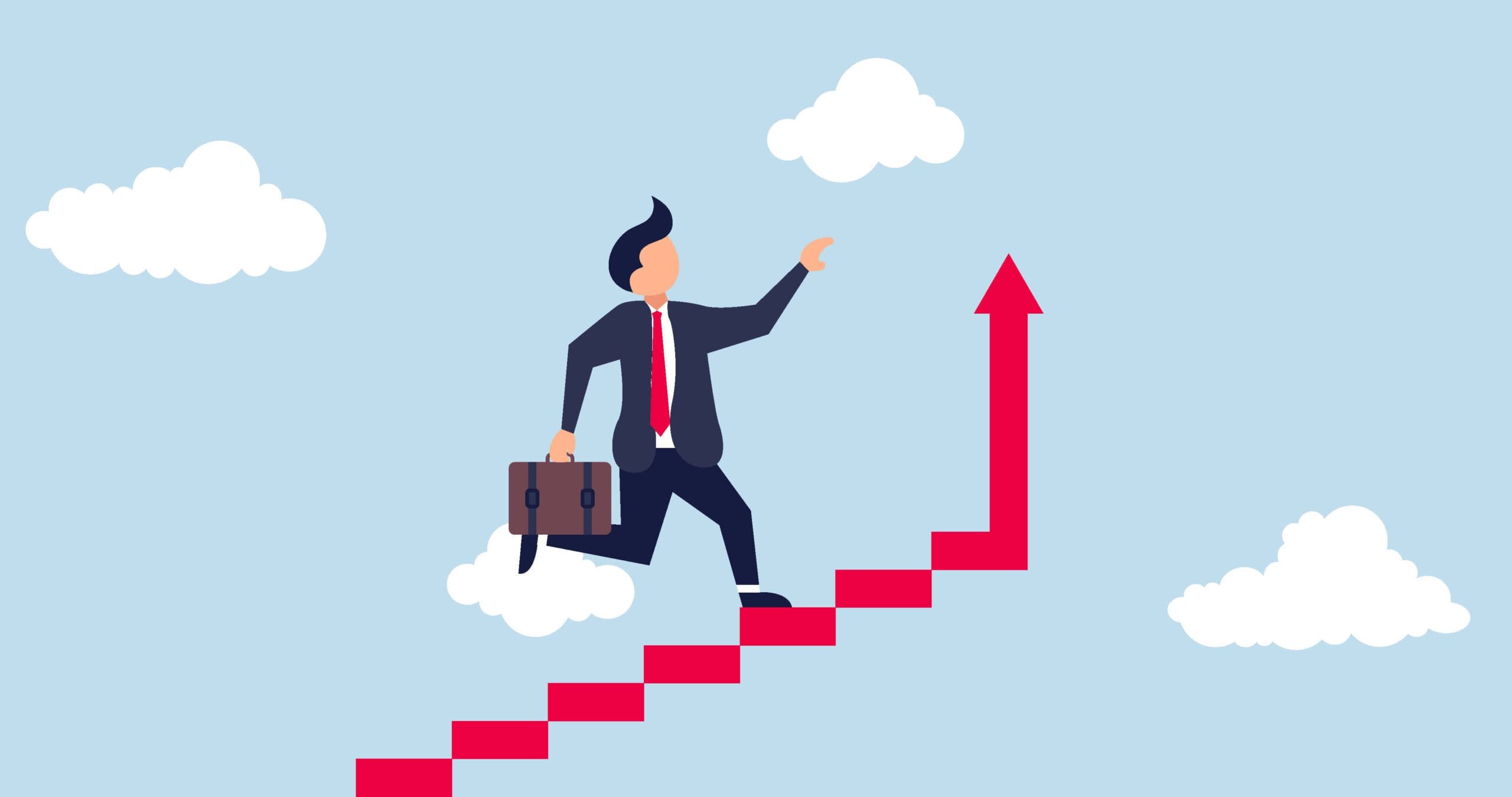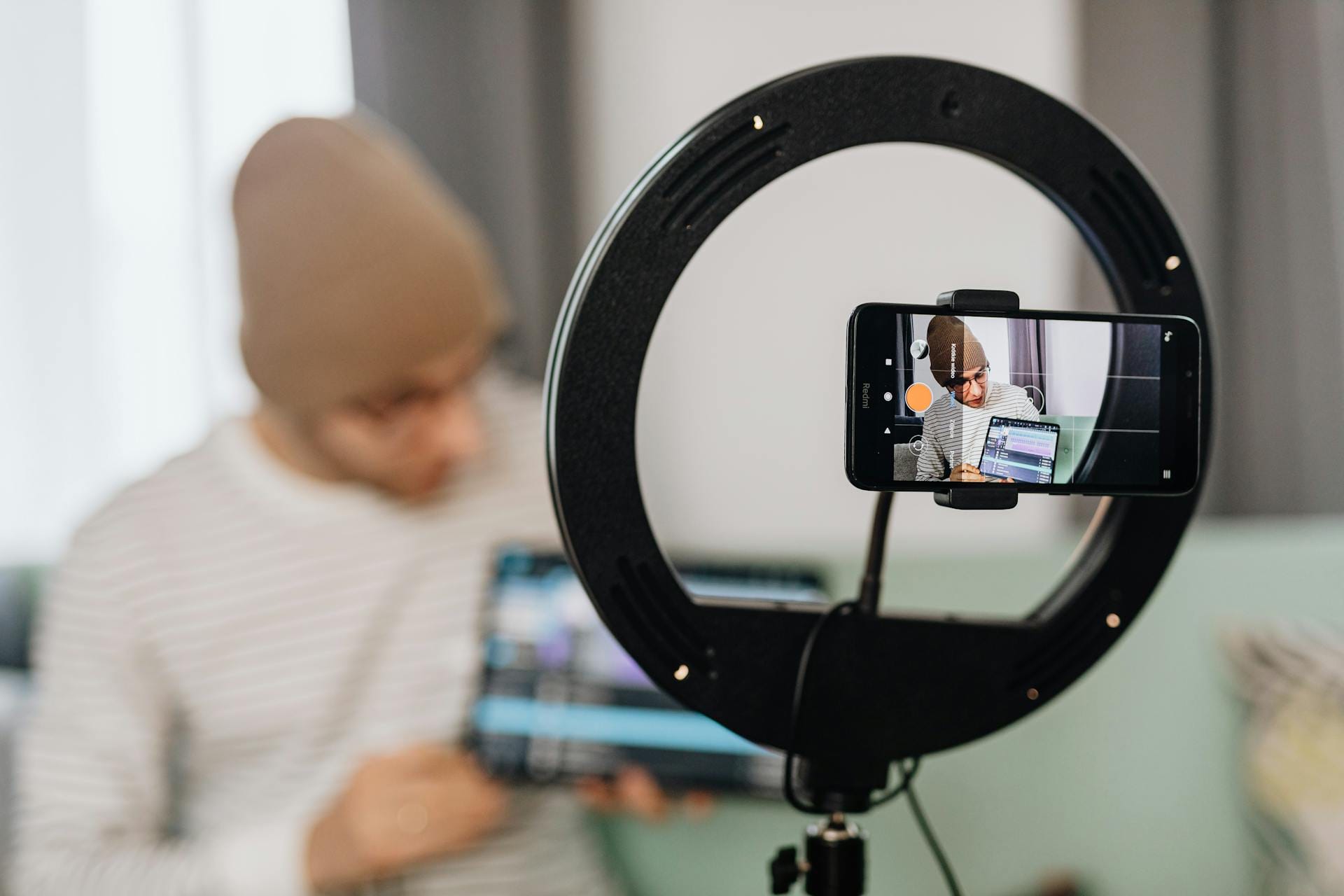
Great business ideas come from your weaknesses, not your strengths
Are you trying to start a business, but you can’t find that perfect idea? Here at GrowthLab, we’ve already written lots of articles that will help you find out exactly what business you’re “uniquely qualified” to start.
But this article is about doing the exact opposite.
This article is about finding out what you’re the worst at.
In fact, the worse you are, the better. Because if you can overcome the hurdle that you’re uniquely UNQUALIFIED to leap, then you will prove to everyone that they can do it too. And what better person to help your customers do the impossible than you — someone who has already done it.
In other words, your most vexing problems and the things you are the worst at can be business opportunities, if you just know how to approach them.
Finding your most profitable weakness
To find yours, ask:
- What do your friends say you’re horrible at?
- What debilitating weakness keeps you up at night?
- What are you so eager to solve but haven’t been able to?
For me, that was my skinniness.

I was the skinniest, weakest guy I’d ever known, and my friends teased me mercilessly about it. When I tried to solve the issue, I wasn’t able to find a single resource that spoke to me. There were information products that dealt with bodybuilding, but none that addressed the issue I was struggling with.
Following a bodybuilder’s meal plan wasn’t a test of will, it was a struggle against acid reflux and nausea. The advice was wrong for me. My stomach just wasn’t big enough for it. But nobody was talking about people like me. And I knew there had to be more people like me.
Working out was more straightforward, but there were issues there too. For example, my arms were so long and my ribcage was so shallow that a simple bench press had my shoulders slipping out of their sockets. Again, not something that was covered in the resources I could find.
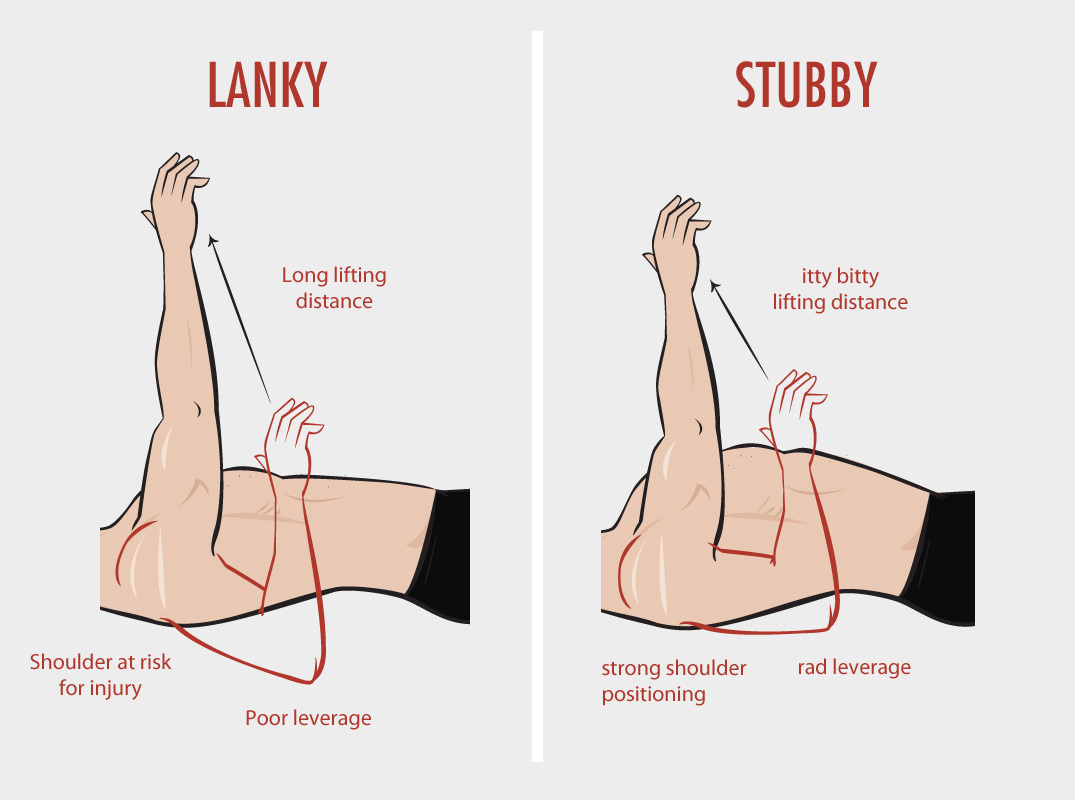
There was an obvious hole in the market, but it wasn’t related to something I was good at. It wasn’t my “super power.” Quite the opposite. I couldn’t even imagine someone being worse at building muscle than me.
So I started blogging about it. I found one study claiming that only around 3% of the population is trying to gain weight, but that 3% was enough. Other nerdy skinny guys found themselves at the same point in the weight gain story — still right at the very beginning of it. Readers would email me long stories describing all the things they’d tried that didn’t work. We were in this together.
That’s when I really knew I was onto something. After work, I would spend hours researching skinny-guy issues and then passing along what I was learning to the guys who were emailing me. That made me realize something else: Being bad at building muscle made me a great muscle-building coach.
By the time I had used what I learned to gain 55 pounds, our blog had started getting shared around internet forums, and we had lots of readers asking us to explain exactly what we were doing so they could do the same.
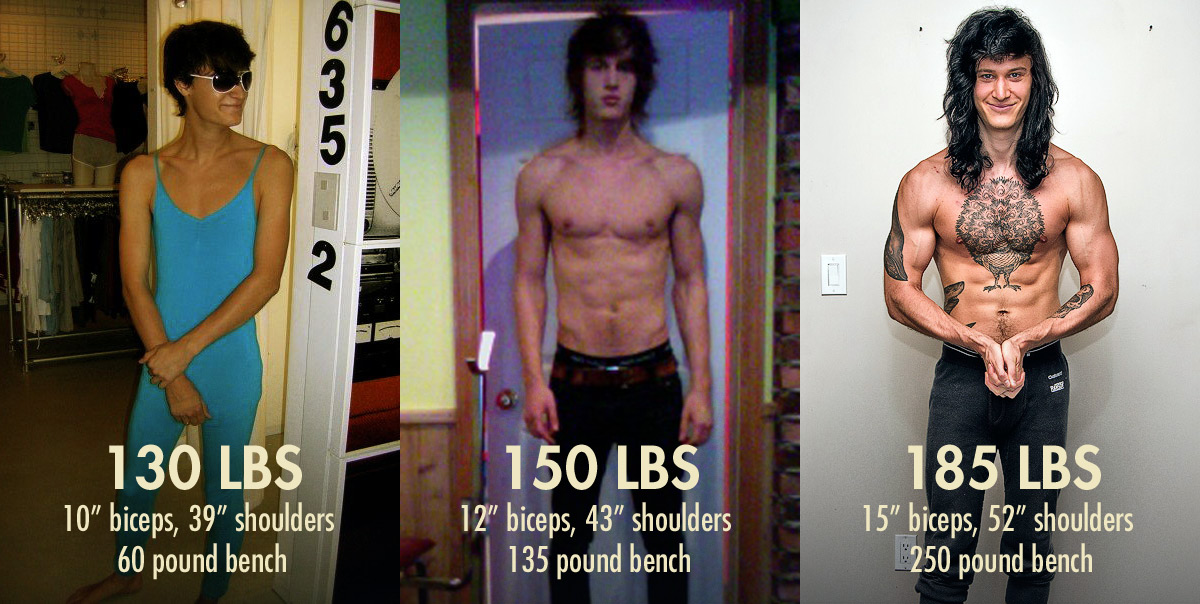
At this point, an acquaintance on Facebook saw what we were doing and suggested I reach out to a guy named Marco. I knew who he was talking about, but I was confused. Marco was the other skinny guy in my high school. I remembered seeing him in all the school plays, a foot taller than everyone else, singing his heart out. I soon found out that instead of pursuing acting, he had gotten a degree in health sciences so that he could learn how to overcome his skinniness. Since I had last seen him, he had gained nearly 70 pounds! At this point, he was a recent university grad coaching professional football players, helping them bulk up.
We told him what we were doing, and he politely told us all the things that we were doing wrong, and all the ways we could make the program better. He was also thrilled with our idea, and enthusiastically joined on as a partner. Marco brought the expertise to our experience, and as a theater nerd with tons of lifting expertise and zero opportunities to act, he suggested recording videos to teach all the weightlifting exercises.
Jared, my graphic design business partner, suspected I was onto something, and I’d recently helped him gain 40 pounds himself, so we signed up for an online program that promised to teach us how to create an online program.
When we started writing the marketing material for the program we were creating, we were blown away with how natural it felt. We were exactly our target market, so we just thought about what we would want, and then tried to write the perfect ad for it. It was a copywriter’s dream: We knew the hopes and fears as well as the solution.
For example, we wanted to include a weightlifting program that was ideal for skinny guys who wanted to get really big and strong… but with a heavy emphasis on the big part. We were tired of lifting weights and hearing, “Wow, you’re strong for your size.” We wanted to be strong, sure, but we wanted the size, too. And we wanted nutrition advice about how to eat more without our stomachs exploding, but also without getting fat.
One of the big things we learned by writing the ads was that we wanted this to be a community, not just a product. It was the community support that had allowed Jared and me to succeed, it was our feedback that was allowing our readers to succeed, and we wanted to make that even better, giving everyone a way to support each other.
Once we knew exactly what we wanted to sell, we started putting the program together. We looked at the ads we had made, then made the content we were promising. Fortunately, I had been slowly developing a “program” that I was sending to our readers via email, so a lot of the content was not only already in development, but already beta-tested.
By the time we finished the online course, we had a business: Bony to Beastly.
Soon, Bony to Beastly was earning all three of us twice as much as our day jobs. So we quit, and we’ve been running this business full-time for five years. Our team now includes three new members: community members who completed the program and then naturally fell into a coaching role. We also have a program for women: Bony to Bombshell, and a female coach to help with that as well.
Best of all, my fiancée teases me because I spring out of bed each morning eager to start working, and eager to see what new transformation someone has just posted. We’re getting paid to do what we were enthusiastically doing for free after work.
Want to build a business that enables you to live YOUR Rich Life? Get my FREE guide on finding your first profitable idea.
How to frame your weakness as strength
Writer Joseph Campbell calls stories like these “the hero’s journey,” which he describes as: “The story of the young man called to adventure, the hero going out facing the trials and ordeals, and coming back after his victory with a boon for the community.”
Starting from a position of weakness, or having a history of failure, starts us at the beginning of the hero’s journey. It sets us up to authentically communicate on a very powerful level.
Your copywriting go-to will be: how to __ even if you _____.
It’s a copywriting trick that I learned from Joanna Wiebe, over at Copy Hackers.
- How to build muscle even if you’re the skinniest person you’ve ever met.
- How to defeat a Sith Lord even if you’re just a lowly moisture farmer.
- How to take down a super villain even if you’re just a dorky journalist.
- How to draw a cartoon even if you’re the least artistic person you know.
- How to write a good story even if you flunked English class.
- How to sell your comics online even if you’re still using AOL.
This copywriting technique might help you improve your marketing, too. You’re showing that no matter how much someone fears the worst, it’s okay — you’ve thought of that already.
I should warn you that there’s a downside to this approach, though. If you’ve gone through your life being praised for something, it’s easy to have confidence. After all, confidence is just remembering all the past successes you’ve had with something and knowing that you can do it again. If all you’ve done is fail in the past, the closest you can come to confidence is pretending.
When you build a business from your weakness, it WILL take longer to build that confidence — so you’ll have to be patient. It may take a while for you to accumulate enough positive experiences to outweigh the bad ones, and to feel like a true expert.
That was a big issue for me.
By the time I was finally able to build muscle, I had internalized my skinniness on such a deep level that even after gaining more than 50 pounds, I was having nightmares that one of my readers would run into me in real life and realize that I was still skinny. I would have to remind myself that I’d gained more than 50 pounds. But then I’d remember that I’m still a nerdy graphic designer who plays too much Dark Souls — it’s not like I’m a giant bodybuilder or anything. I felt like a fraud.
I later realized that this mental battle is called imposter syndrome. It’s gone now. My friends and family have all come to me for advice, I’ve run into a bunch of readers in person, my fiancée described me as “really strong” to her best friend after our first date, and I’ve had to explain to bodybuilders that I help guys get bigger. Most importantly, this isn’t about us anymore, it’s about our members. What matters most is how well they do, and they do great:
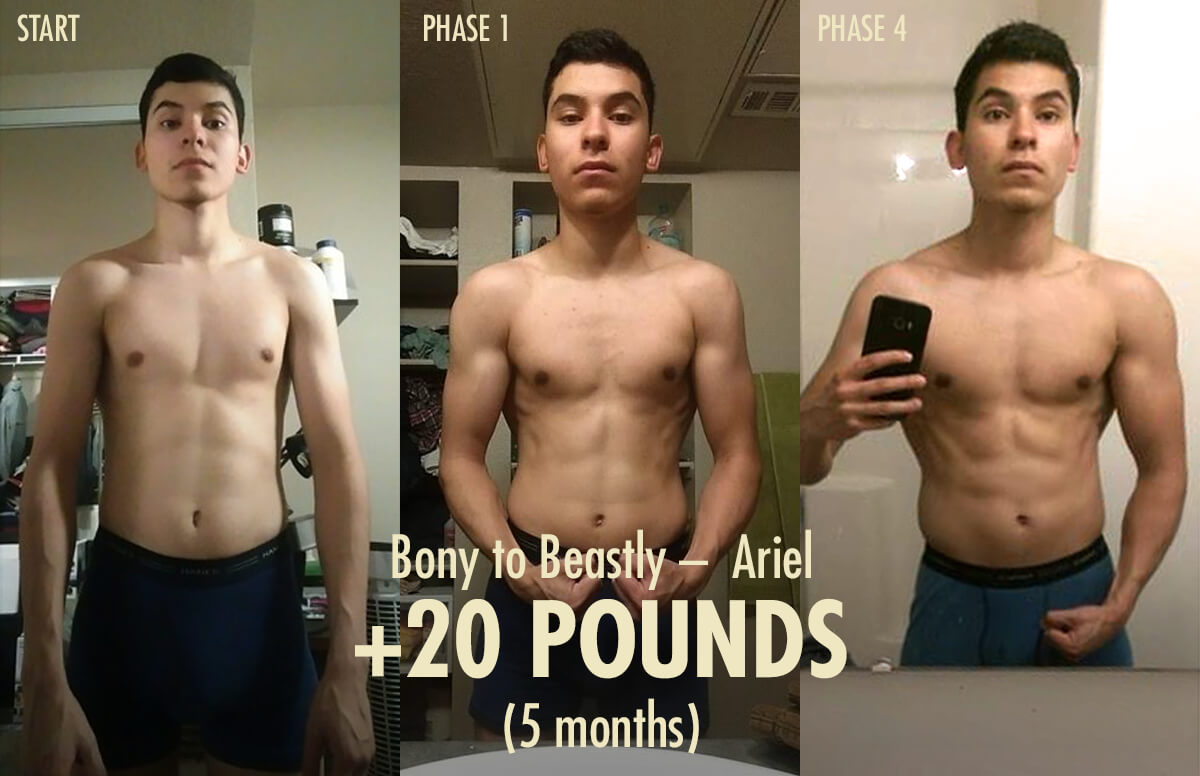
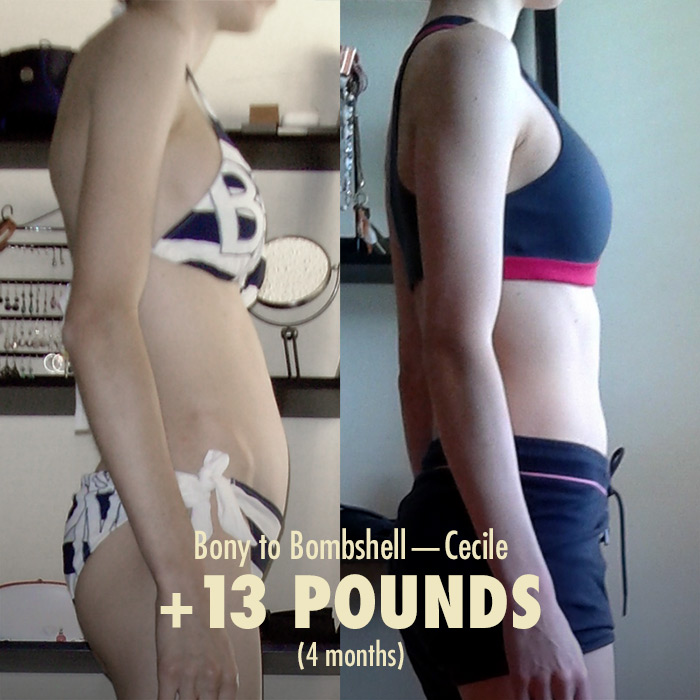
I’ve gradually built up real confidence, but it took several years.
Here are some techniques that worked for me:
- Don’t exaggerate your claims. Your honesty will ring truer with your audience anyway.
- Celebrate your successes so that they feel real, and to make them take up more space in your memory.
- Be patient with yourself. Confidence is rooted in positive experience, so just focus on slowly accumulating those positive experiences.
Besides, while we like to think of experts as being at the END of a journey, the best teachers are often those still in the middle of that journey. Coming from a position of weakness lets you have empathy for others on the journey with you, and so long as you’re a few steps ahead, you can help guide them. And I don’t know about you, but those are the kinds of people I want to learn from most.
Understand your meta-strengths
Okay. Now let’s go back to conventional advice for finding a business idea: search among your strengths. That’s entirely correct. The purpose of this article is just to highlight that one of your strengths might lie buried in a weakness. Or, to look at it another way, you likely have “meta-strengths” that can be applied to any industry.
What are my meta-strengths? I got good grades on essays in university. I’ve always loved researching dense scientific topics. I thoroughly enjoy spending 12 hours in front of the computer each day. I love hanging out in online forums.
Now I’m a writer selling an information product from the comfort of my computer. These are all things that I already knew I was good at. All my friends would have said I was built to write, design, and market an information product. I am leveraging my strengths. This job is tailor-made to take advantage of everything I have to offer, and I love the computer-nerd lifestyle that it provides. I could take these meta-strengths and apply them to the right topic.
In my example, helping skinny guys bulk up was the right topic. It’s an information product and coaching that centers around something that many other skinny guys would pay to solve, making it the perfect “golden goose.” And having gone through the worst of it myself, I already knew all the fears, desires, and barriers that my clients would be facing. I was my client.
Important to note: I could have applied my meta-strengths to something like playing video games, and would likely not have found the same success. The eventual niche MATTERS.
It just so happens that the topic I specialize in was formerly my most debilitating weakness. Maybe that’s where your business idea is buried too.

